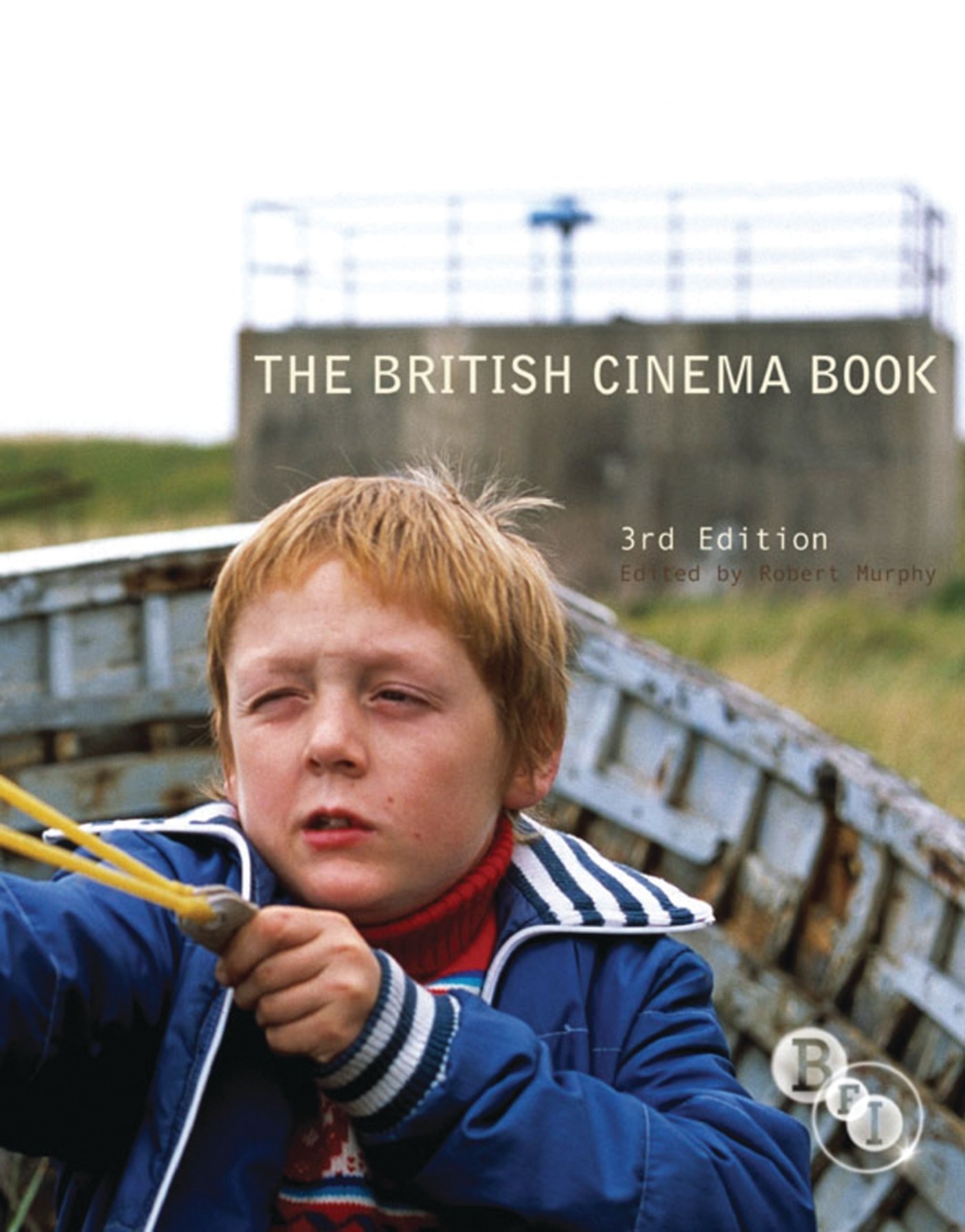Customer Services


The British Cinema Book
J**N
Complete historical facts
Ideal purchase for a British movie buff
H**N
Good
A good large book with lots of information and case studies. Arrived quick in good condition.
M**T
EXCELLENT
Perfect for cinema buffs
L**S
useful and informative
I bought this for a British film narrative module for my BA in English literature. It was useful in my wider reading for all my research. It does not go into great depth about any one film but gave a good overview which was particularly useful for understanding film genre.
M**S
Great gift
Bought as gift for an elderly uncle and he was chuffed.
F**B
Well worth reading.
Excellent.A good history of British films written by people who know what they're talking about.
G**M
A very detailed look over the history of British cinema
This impressive and very thorough collection from the BFI is essential reading for anyone with an interest in the rather rocky and uneven history of the fllm industry in Britain. And should easily takes its place alongside works like All Our Yesterdays and Sarah Street's recent British National Cinema as a key text on this subject. Beginning with a very informative, clear-eyed and economical piece by Charles Barr [editor of All Our Yesterdays] on silent British cinema, which effectively sets the tone for the whole book, and concluding with a potted history of British cinema seen through the specificity of a film from each decade from the 1920's onward. The pieces in this book often take a fresh, less formal perspective and focus that, while truly illuminating the precise topic under consideration, nevertheless always remain responsive to the broader contexts [of both the British film climate and beyond] that shaped the course of things. Divided into two sections, the first covers specific subjects like British cinema from 1927 to 1939, the 30's quota quickies, the documentary movement and 50's costume films, and contains titles like Melodrama and femininity in world war two British cinema, Male stars, maculinity and British cinema and Women and sixties Britisn cinema. The second deals with more wide ranging issues such as British film censorship [an exhaustive piece by Jeffrey Richards], the course of British realism, traditions of British comedy and British cinema as national cinema. All the contributions to this book are written in an extremely unassuming, accessable and straightforward style, and a pretentous, self-important or indeed unneccessary note is never struck. It features pieces by such notable and seasoned names as Tom Ryall, Raymond Durgnat, Vincent Porter, Robert Murphy [also present as editor] and Marcia Landy, and very easily sidesteps the usual problem with books of collections of writings by different authors of unevenness because each contributor is so thouroughly attuned to the overall aim and style of the work as a whole and whose knowledge of their subject is unimpeachable. In addition to all that this book can also serve as a companion piece to the afforementioned tomes due to its often differing angles of approach to well worn areas. Or it can just as easily stand alone as an overview of British cinema because all the bases are well and truly covered. And it is perfect for both beginners and the more initiated, the passing film fan and the hardened buff or student. Highly recommended.
E**K
Great book really helpful for film students in depicting a ...
Great book really helpful for film students in depicting a clearer image of the British film industry and covers an array of topics past and present
Trustpilot
1 month ago
3 weeks ago